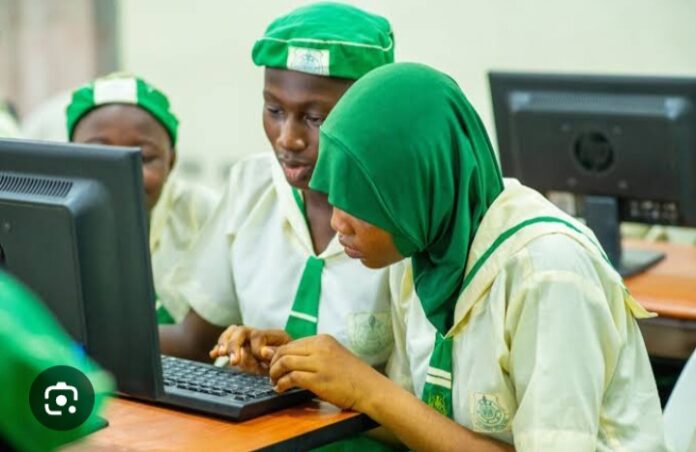By: Babagana Bukar Wakil, Maiduguri
June 16, 2025** As Africa commemorates the International Day of the African Child under the theme *“Planning and Budgeting for Children’s Rights: Progress Since 2010,”* SOS Children’s Villages Nigeria has called for a renewed commitment to translating child-centered budgetary plans into measurable outcomes that reflect in the lives of Nigeria’s over 102 million children.
The organization noted that while policy-level improvements have been recorded over the past 15 years particularly in increasing allocations to education, health, nutrition, and child protection glaring inefficiencies in budget execution, disbursement, and accountability continue to stall real progress.
SOS Children’s Villages, an internationally recognized child-focused development organization operating in Nigeria since 1973, acknowledged upward adjustments in national spending on child-related sectors. The nutrition budget, for instance, recorded a 700 percent increase between 2021 and 2025. Education and health allocations have also seen modest yet consistent increases across several budget cycles.
Despite these advancements, the organization expressed concern over structural bottlenecks and weak implementation frameworks that dilute the impact of allocations. In 2021, only ₦127 billion of the ₦742 billion allocated to education capital projects was actually released. Furthermore, national budgetary allocations to education dropped from 6.5 percent in 2020 to 5.6 percent in 2021, rose to 7.9 percent in 2022, but declined again to 5.98 percent in 2024 an inconsistency that has failed to address the learning crisis.
Similar patterns of underfunding and erratic disbursement have continued to plague health and social protection sectors, especially at subnational levels, affecting service delivery to the most vulnerable populations.
In a statement signed by Rhoda Daniel Ocheche, Advocacy and Communication Manager of SOS Children’s Villages Nigeria, the organization emphasized that investments in child survival, learning, protection, and psychosocial support must move beyond political declarations.
She stated that sustainable transformation can only be achieved through increased and timely funding, strategic coordination, and robust accountability systems. She also underscored the importance of alternative care options and family strengthening programs, noting that SOS Children’s Villages remains a frontline actor in providing direct interventions and championing systemic reforms.
The organization commended the Nigerian government for integrating children’s priorities into national and state budgets and acknowledged efforts to institutionalize transparency mechanisms, including improved budget coding for child-related expenditures.
SOS Children’s Villages welcomed the national resolve to inaugurate the long-awaited Child Rights and Welfare Commission, describing it as a pivotal step towards intersectoral coordination, legislative oversight, and accountability in the promotion of child welfare.
The statement urged authorities to ensure that the Commission becomes fully operational before the end of the third quarter of 2025 and called for the earmarking and full disbursement of dedicated budget lines for education, health, and child protection sectors.
Marking the Day of the African Child, the organization reiterated that beyond ceremonial recognition, the future of the Nigerian child depends on sustained political will and institutional action to deliver on their rights.
The statement concluded by reaffirming SOS Children’s Villages’ commitment to collaborative advocacy and strategic partnerships that drive inclusive, equitable, and durable child development outcomes across Nigeria.
PR




